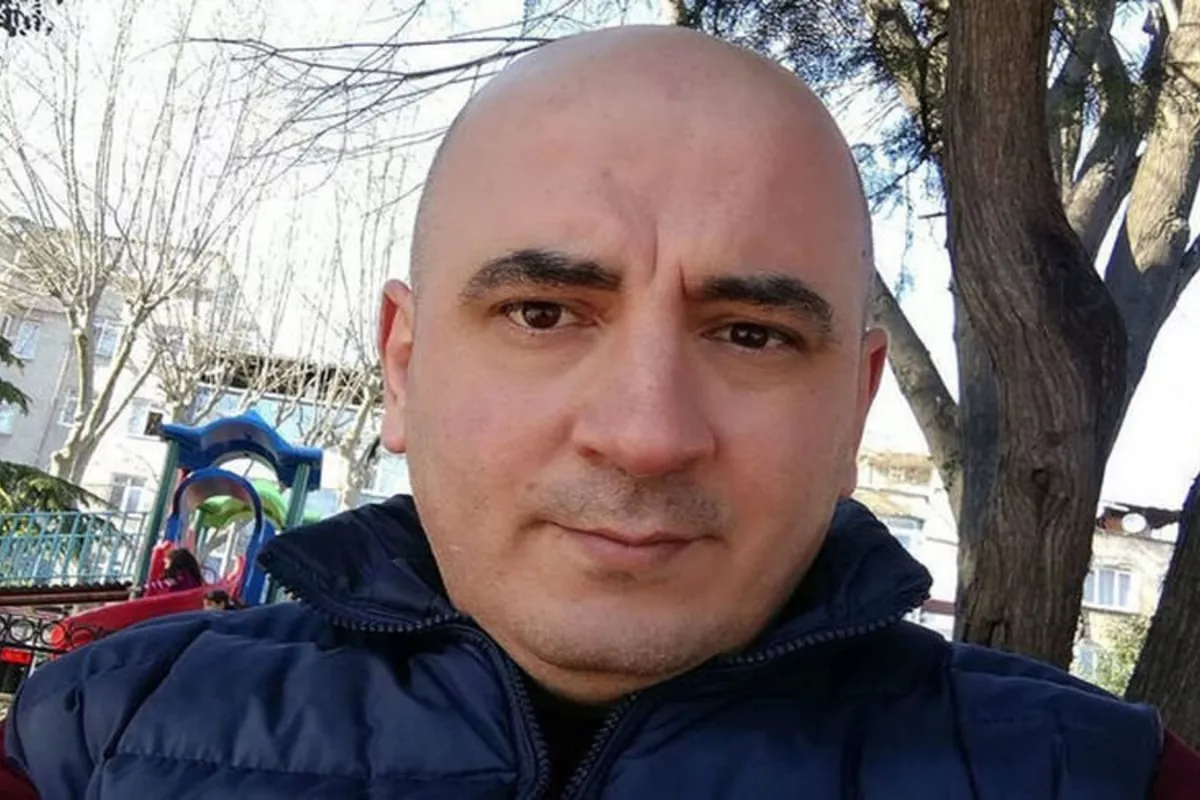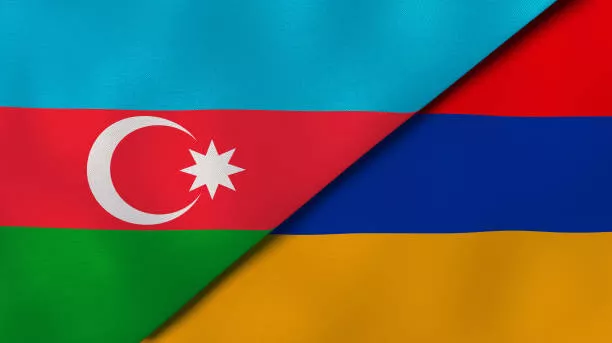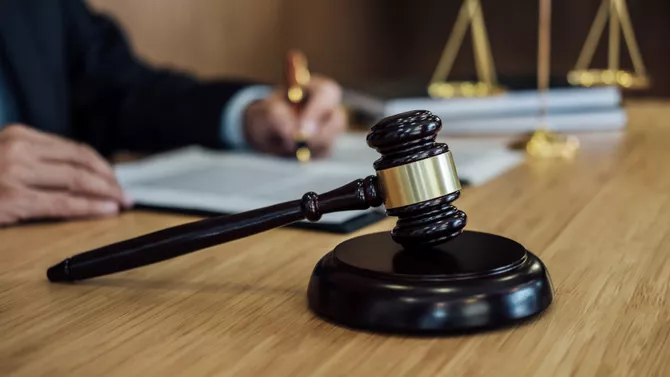
Photo credit: Reuters
The growing dialogue between Armenia and Azerbaijan reflects a hopeful shift toward peace and reconciliation in the South Caucasus. The recent civil society meeting in Yerevan marked a symbolic step forward, demonstrating that progress can be achieved beyond official negotiations. Despite internal political tensions in Armenia, efforts toward normalization continue to gain momentum, offering genuine prospects for lasting stability and regional cooperation.
The Caspian Post analytical portal interviewed Armenian activist Ishkhan Verdyan, who underscored the importance of civil dialogue in fostering mutual trust and voiced optimism that such initiatives could help pave the way for lasting peace between the two nations.
- How do you assess the meeting of representatives of Armenian and Azerbaijani civil society held in Yerevan? - I highly appreciate the meeting of the Azerbaijani civil mission in Yerevan with the Armenian side. Moreover, I consider it a symbolic event for several reasons. First, civil dialogue, in my opinion, is no less important than political dialogue. It is precisely this kind of interaction that helps bring peoples closer together - those who live beyond the framework of state structures and official negotiations.
Second, the photos shared by the Azerbaijani delegation are truly remarkable: something that would have seemed impossible not long ago.
I sincerely hope that such initiatives will become more frequent, both in the two capitals and beyond. Perhaps this very “first swallow” will usher in the spring of peace between Armenia and Azerbaijan.
- How do you generally assess the statements made by senior Armenian officials regarding the normalization of relations with Azerbaijan?
- The statements of senior officials on both sides, along with civil initiatives and the overall direction of the peace process, suggest that the point of no return has already been passed. All efforts are now focused on the swift normalization of relations, the opening of communications, and the building of mutual trust.

Credit: Getty Images/iStockphoto
For the first time in many years, we can see on the horizon the prospect of a genuinely just peace that has long been discussed. Moreover, I am convinced that once this process is complete, the South Caucasus will become one of the most stable, secure, and promising regions on the world’s political map.
- How do you assess the internal political situation in Armenia in light of the arrests of clergy members and the mayors of Gyumri and Masis?
- The internal political situation in Armenia today has a dual nature. On the one hand, we are witnessing a full-fledged information war in the media space between Prime Minister Nikol Pashinyan and his team on one side, and the revanchist forces, including certain representatives of the church, on the other.
This struggle appears uncompromising and at times gives the impression that the outcome remains uncertain. Judging by the opposition’s media activity, it might seem that Pashinyan is indeed at risk of losing his position.
However, the reality is quite different. The overwhelming majority of Armenia’s civil society supports the prime minister and his reform agenda. I am convinced that, at the decisive moment, the people will once again stand by Nikol Pashinyan.
What we see in the media is merely the surface layer - an informational shell concealing the deeper reality of the situation. In truth, Pashinyan currently has no serious political rivals. In my view, he will be able to accomplish everything he has planned.
- Have the Armenian authorities stopped the criminal prosecution against you?

Source: Tert.am
- No, the Armenian authorities have not dropped the criminal case against me. Moreover, in my personal correspondence with Nikol Pashinyan, I was explicitly told that there is only one path for me - imprisonment in Armenia - after which the court will decide whether I remain behind bars or am released. In addition, they expelled my underage son from Armenia, depriving him of his constitutionally guaranteed right to education.
I consider this a blatant injustice, and indeed, it is. The indictment against me literally states that I am accused of recognizing Karabakh as part of Azerbaijan, and this charge remains in force to this day.
Frankly, I cannot understand Pashinyan’s behavior, especially given the current foreign policy context and his declared course toward normalization with Azerbaijan. After all, Pashinyan himself officially renounced claims to Karabakh. Nevertheless, the fact remains: the criminal prosecution continues, and all I can do now is wait to see how this story ends.
By Asif Aydinli
Share on social media